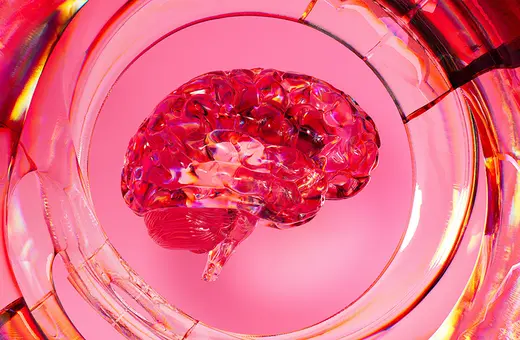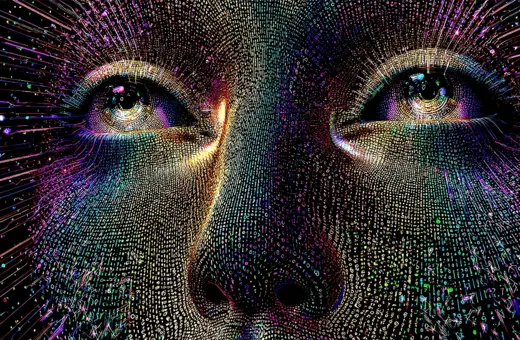We don’t often think mental health is contagious in the same way a virus is. But a depressed person in a family can cause that depression to spread through the family, and an anxious person in a lift can be felt by the others. We humans are mimics, argues Don Forsyth, and we need to catch psychological problems early, so that they don’t spread further than they need to.
In 2011 millions of citizens of Tunisia protested government authority and repression. The movement spread to adjoining countries, sparking the Arab Spring. Fewer than 10% of US households had microwave ovens in 1978; ten years later they were in nine out of 10 kitchens. On a warm day in June one worker after another fell sick, complaining of nausea, headaches, and dizziness. Rumors circulated about “some kind of bug” that had infested a recent shipment of cloth from overseas, but no bug was ever found. Dozens of injuries resulted when the TikTok Skullbreaker challenge (sweeping a person's legs out from under them) went viral. As SARS-Covid-19 spread around the world, so did resistance to recommended safeguards, suspicions about the source of the virus, and distrust in health authorities.
 SUGGESTED READING
Madness and Genius
By Arne Dietrich
SUGGESTED READING
Madness and Genius
By Arne Dietrich
Diseases aren't the only things that are contagious. Think about how contagious laughter can be. When one person starts laughing, it's often not long before others join in. The same goes for enthusiasm. Work teams with energetic, consistently enthusiastic leaders brim with esprit de corps, but morose leaders make for morose teams. Countries differ in their level of collective mood, so when people immigrate, so do their moods: when people move to countries with higher levels of happiness, they themselves become happier.
But, just as a good mood, enthusiasm, and happiness can spread from one person to another, so can depression, stress, and anxiety. A folie a deux, or "madness of two," occurs when the delusional beliefs or mood disturbances of one person in a close relationship are transferred to their partner in that relationship. Suicides sometimes occur in clusters; media reports of the suicide of celebrities, for example, trigger an increase in suicide attempts and suicides. College students gradually become increasingly depressed over the course of the academic year if they are randomly assigned to share a dorm room with someone who is depressed. People, when gathered in crowds, sometimes suddenly panic when a sense of dread and disaster permeate the group. Even delusions can be infectious. If your close associates believe in lizard people, a flat earth, or 5G chips in Covid-19 vaccines, there is a good chance that you will eventually come to believe these unlikely notions, too.
___
Without realizing it, we often do what others do—we are natural mimics.
___
Experts and laypersons alike have always been fascinated by the tendency for behaviors, thoughts, and feelings to spread from one person to another. Over a century ago the French physician Gustave Le Bon argued that when people gathered in certain circumstances, such as periods of intense anxiety, uncertainty, and external threat, bizarre thoughts and actions become contagious: they spread through a group, for emotions and behaviors could be transmitted from one person to another just as germs can be passed along. Subsequent researchers used terms like “collective psychosis,” “mass contagion,” “psychogenic delusions,” and “mob mentality” to emphasize the strange and psychologically dangerous side of social contagion.





















Join the conversation